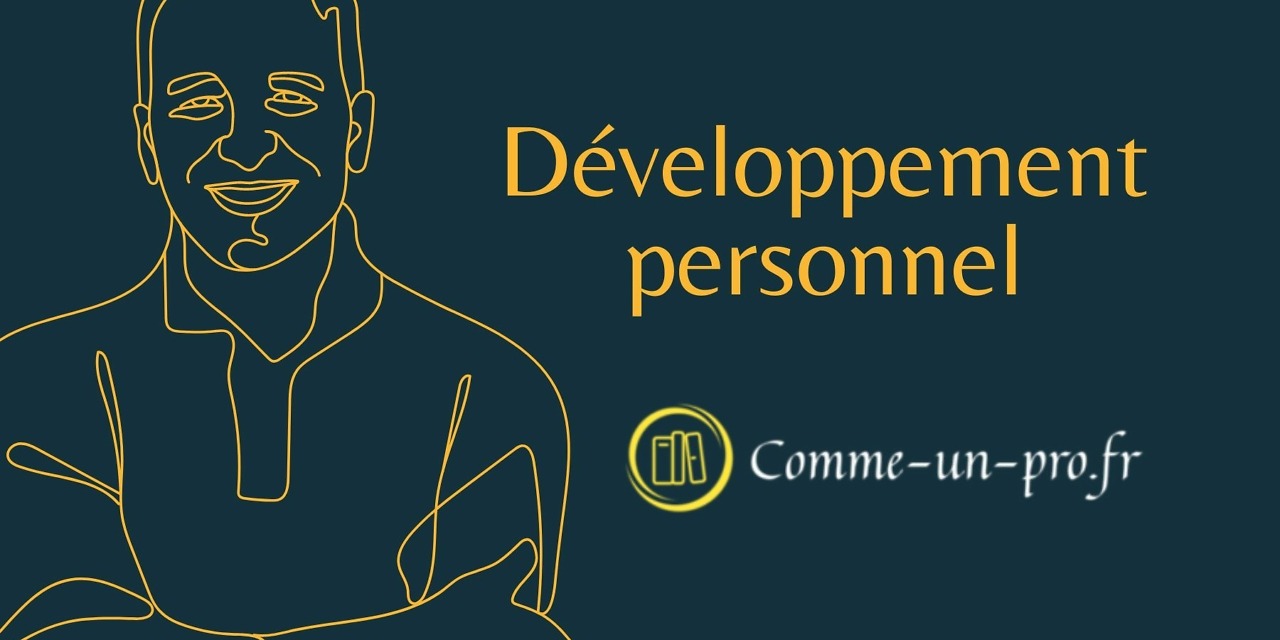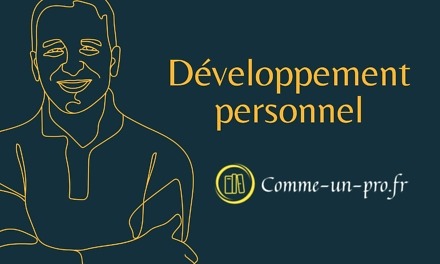The importance of flexible thinking in an ever-changing world
In his book “The Power of Flexible Thinking: When was the last time you changed your mind?”, the author introduces the concept of flexible thinking. This psychological skill essential is the ability to adapt our way of thinking to changes in our environment. It is a valuable mental tool for coping with uncertainty and ambiguity.
Flexible thinking makes it possible to approach problems from different angles and discover new and innovative solutions. It is particularly useful in the modern world, where problems are increasingly complex and interconnected.
The author explains that flexible thinking is not an innate skill, but can be cultivated and developed. It offers various techniques and strategies to improve our cognitive flexibility, such as learning new skills, practicing meditation or confronting different points of view.
According to the author, one of the keys to developing flexible thinking is becoming aware of our own rigid thought patterns. We all have beliefs and assumptions that limit our ability to think flexibly. By acknowledging them and challenging them, we can begin to broaden our perspective and see things in a new light.
Flexible thinking is a powerful tool for overcoming obstacles, solving problems, and improving our quality of life. It's a skill everyone can and should develop.
Flexible thinking does not replace critical thinking, but complements it. It allows us to be more creative, more innovative and more adaptable. By cultivating flexible thinking, we can be more efficient and resilient in the face of life's challenges.
Keys to Mastering Flexible Thinking
The book “The Power of Flexible Thinking: When was the last time you changed your mind?” discusses the importance of flexible thinking in an ever-changing world. The author points out that adhering to rigid beliefs or a single way of thinking can prevent us from seizing new opportunities and adapting to changes.
The author encourages readers to question their beliefs and be open to new perspectives. He asserts that the ability to change one's mind is not a sign of weakness, but an indicator of intellectual strength. Flexible thinking means being able to revise positions based on new information and different perspectives.
Additionally, the book emphasizes the importance of critical thinking, emphasizing that questioning and challenging are key to developing flexible thinking. It offers strategies and techniques to encourage critical thinking and to learn to see beyond our biases and initial assumptions.
Furthermore, the author highlights the importance of intellectual humility. Recognizing that we don't know everything and that our opinions can be changed is an essential step towards more flexible thinking.
Finally, the book offers practical exercises to help readers develop flexible thinking. These exercises encourage readers to question their beliefs, consider different perspectives, and be more open to change.
In sum, “The Power of Flexible Thinking” offers a valuable guide for anyone seeking to develop more flexible thinking and adapt more effectively to the constant changes of the modern world. Reading this book just might make you reconsider when was the last time you changed your mind.
Adopt Flexible Thinking for Successful Adaptation
The idea of flexibility of thought is extended beyond simply changing one's mind. It includes the recognition of life's complexity and the ability to adapt our thoughts and behaviors accordingly. It also involves a willingness to learn from our mistakes and to constantly improve.
According to the author, rigid thinking can be a major obstacle to our personal and professional growth. If we refuse to change our minds or adapt our behaviors, we risk getting stuck in inefficient habits and missing out on valuable opportunities. The author encourages readers to be open-minded, curious, and willing to question their assumptions.
The book also highlights the importance of empathy and understanding in developing flexible thinking. By putting ourselves in other people's shoes and trying to understand their perspectives, we can broaden our own perspective and become more receptive to new ideas.
Additionally, the author offers practical advice to help readers cultivate flexible thinking. In particular, he recommends practicing meditation and mindfulness, which can help clear the mind and open the mind to new perspectives.
In conclusion, “The Power of Flexible Thinking” is a useful guide for anyone wishing to develop more flexible and adaptable thinking. Whether improving professional skills, enriching personal relationships, or successfully navigating an ever-changing world, this book offers valuable strategies to help readers achieve their goals.


